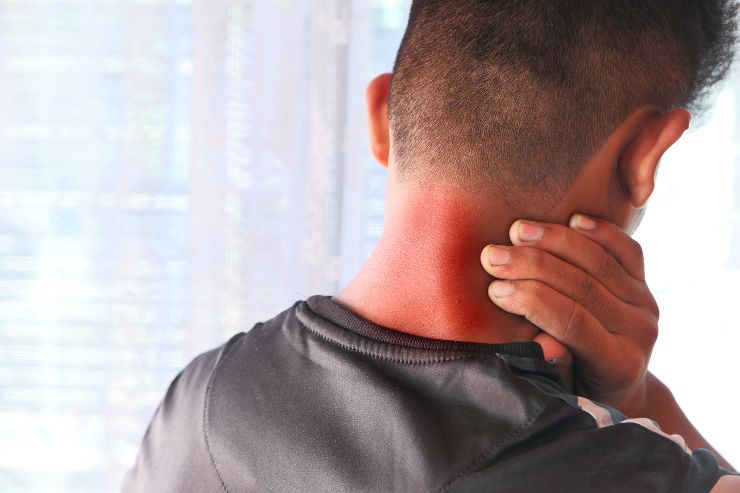Muscular Pains

Muscular pains, also known as myalgia, refer to discomfort or pain in muscles throughout the body. These pains can range from mild to severe and may be acute (short-term) or chronic (long-term). Understanding the causes, symptoms, and management of muscular pains is crucial for effective treatment.
Causes of Muscular Pains:
Overuse or Injury: Straining muscles through repetitive movements, heavy lifting, or sudden exertion can lead to muscle strains or sprains.
Muscle Tension: Stress, poor posture, or prolonged sitting can cause muscles to tighten and become painful.
Infections: Viral infections such as influenza or bacterial infections like Lyme disease can cause muscle aches and pains.
Inflammatory Conditions: Conditions like fibromyalgia, polymyalgia rheumatica, or autoimmune disorders can lead to widespread muscular pain.
Medication Side Effects: Certain medications, such as statins used to lower cholesterol, can cause muscle pain as a side effect.
Symptoms:
Localized Pain: Pain or tenderness in specific muscles or muscle groups.
Generalized Pain: Widespread pain affecting multiple muscles or areas of the body.
Stiffness: Difficulty moving affected muscles, especially after rest or in the morning.
Swelling or Redness: Inflammation in the affected area.
Management and Treatment:
Rest and Ice: Resting the affected muscles and applying ice packs can help reduce inflammation and alleviate pain.
Pain Relievers: Over-the-counter medications like ibuprofen or acetaminophen can help relieve pain and reduce inflammation.
Heat Therapy: Applying heat, such as warm compresses or heating pads, can help relax tense muscles and improve circulation.
Stretching and Exercise: Gentle stretching and low-impact exercises can improve flexibility, strengthen muscles, and prevent future pain.
Massage Therapy: Massage can help reduce muscle tension, improve blood flow, and promote relaxation.
When to Seek Medical Attention:
Persistent or severe muscular pain that does not improve with self-care measures should be evaluated by a healthcare professional. They can diagnose the underlying cause and recommend appropriate treatment, including physical therapy or medications if necessary.

